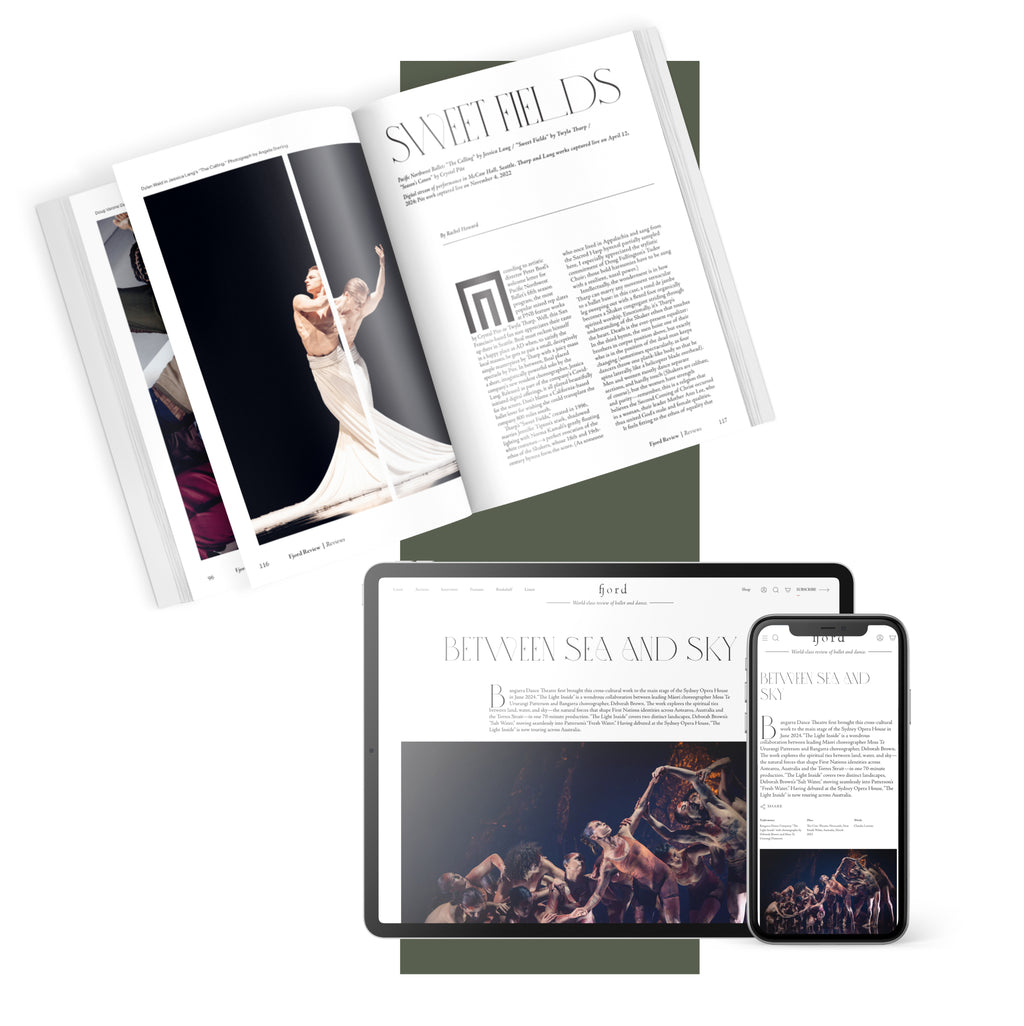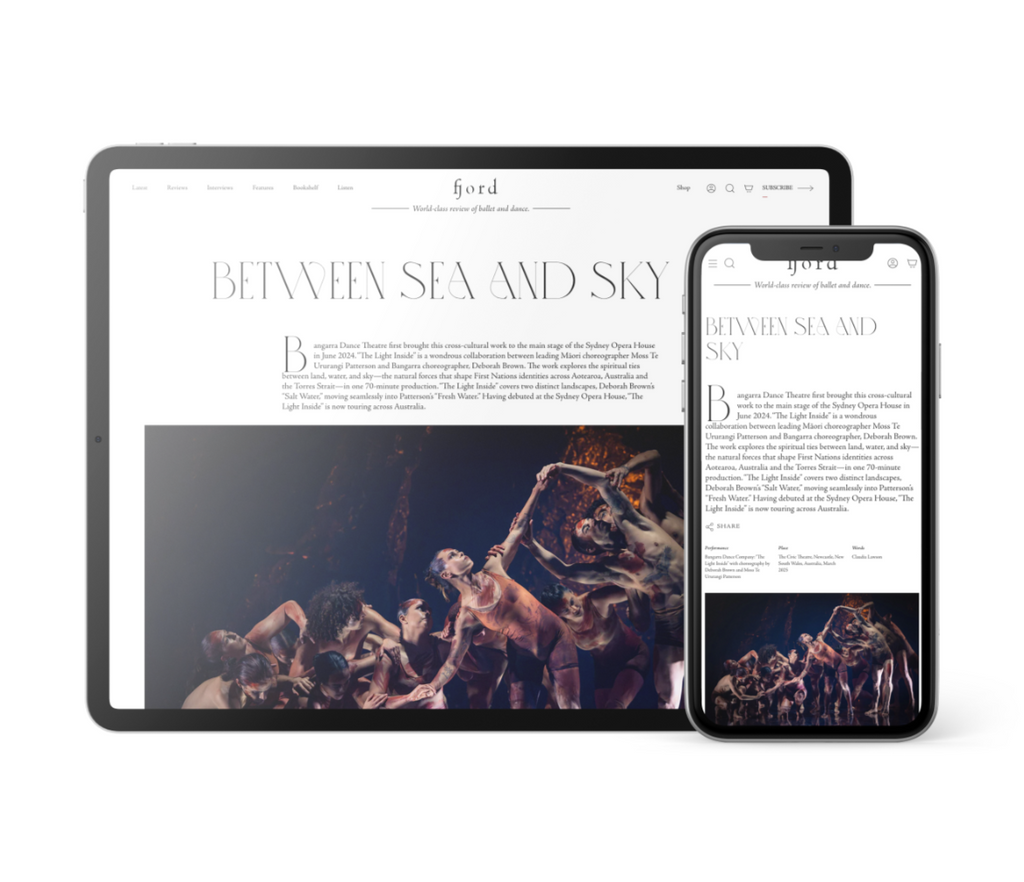Location, Location, Location
It was perhaps on Instagram some five or six years ago when I first came across the dance films of Benjamin Seroussi.
Plus
World-class review of ballet and dance.
It’s not always the case that the second half of a performance is better than the first. Particularly in contemporary dance. So often, a concept is introduced, tensions established, stakes raised . . . only for the second act to somehow lose its way and fail to make that final twist of the knife. With “Nobody” from Motionhouse, it’s the second half that’s really worth watching; something gets cleared away, and the show focuses in on the performers themselves.
Performance
Place
Words



“Uncommonly intelligent, substantial coverage.”
Your weekly source for world-class dance reviews, interviews, articles, and more.
Already a paid subscriber? Login
It was perhaps on Instagram some five or six years ago when I first came across the dance films of Benjamin Seroussi.
PlusBeneath my feet, thousands upon thousands of tiny threads in the soil transmit messages and nutrients, actions and behaviours.
PlusThe Prix de Lausanne 2026 crowned fourteen young dancers in its finale held at the Théâtre de Beaulieu in Lausanne, selected from 78 candidates who took part in the competition’s selection rounds. The jury this year was presided over by Kevin O’Hare, artistic director of the Royal Ballet.
PlusLights go up on three dancers who sit side by side on the floor in a far corner of the stage, legs outstretched, soles of their bare feet delightfully exposed. Siblings posing for a photo in the backyard? It’s a brief look, like a flashback.
Plus
comments